Stockpiling food isn't just for doomsday preppers and those planning on not leaving their homes for months at a time. You can stockpile food on a budget to help stretch your finances, and use it in a way that helps to keep your monthly expenses low!
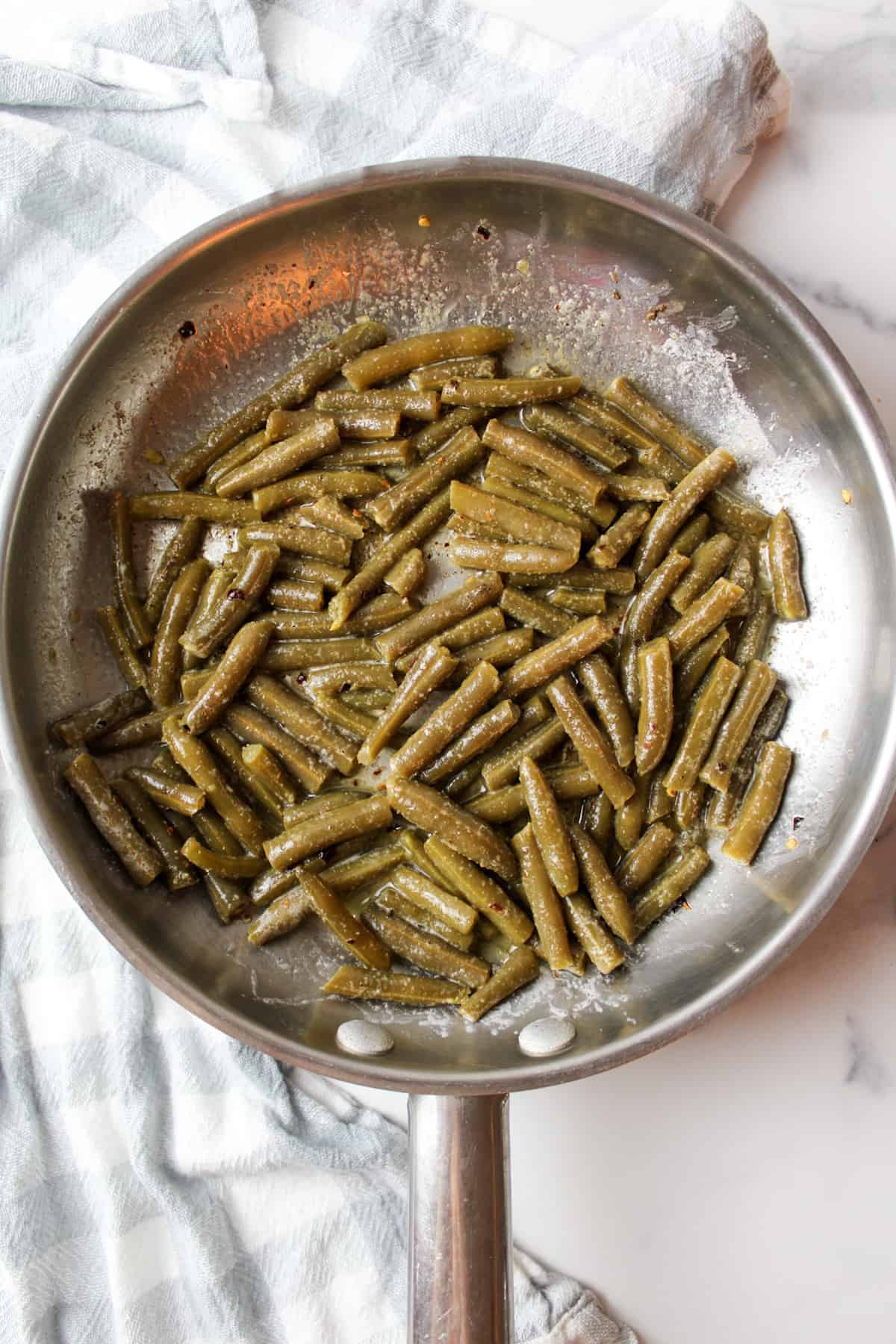
The idea of it is incredibly simple and easy. Not to mention affordable too. Why buy something next month if the lowest price of the year is happening right now and you can afford it?
Why Stockpile Food?
There are so many different reasons to stockpile food but one of the biggest reasons to do it is because it can help you to get the most out of your money all year long!
By buying food when they are at their cheapest throughout the year, you can have the stuff on hand while others are paying too much in a grocery store. This might cost you money upfront, but it saves you money in the long run. Who doesn't love that?
Note: If you're paying for groceries with an EBT or WIC voucher make sure to check out What Can You Buy with EBT? and EBT Extra Benefits (WIC Included) so you can maximize your benefits.
Jump to:
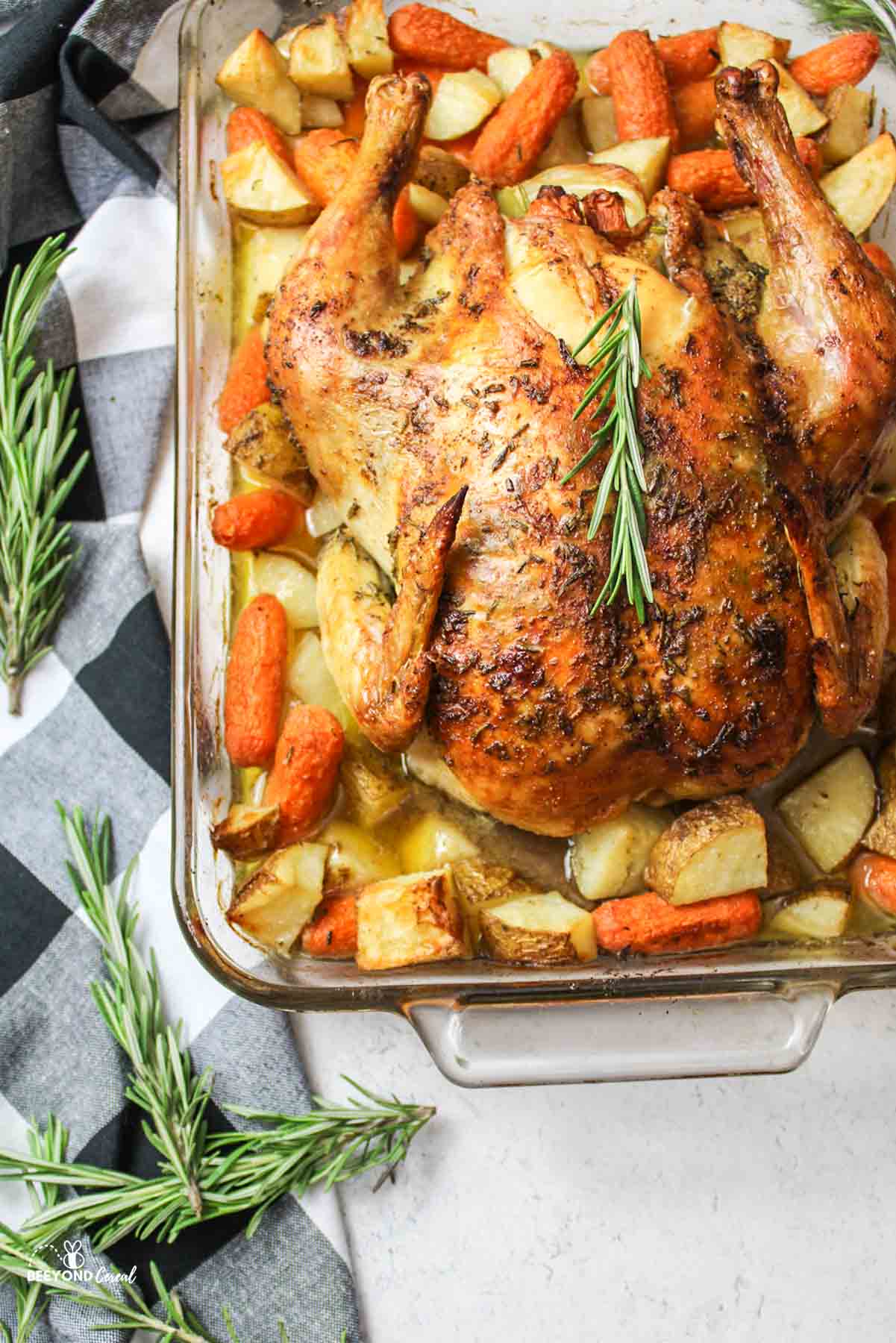
Should I Stockpile Food?
If you find yourself unsure of whether or not you should stockpile food, consider taking a few things into consideration first.
Can you afford the $10-$20 a month to buy things you don't plan on using right away?
Do you foresee a financial strain where money will be tight like a job loss (storm mode) or a baby coming (stork mode?)
Can you stay organized and not let the food become waste? Wasted food IS wasted money and if you're going to be wasting money, there's no point in stockpiling. See: How a Messy Pantry Costs You Money
If you answered yes to any of these questions then stockpiling might just be for you!
Even if you don't have a ton of space, you can still start a small pantry stockpile. Stockpiles don't have to be some huge room full of unopened goods like you see on extreme couponers!
While you may get the idea of a large stockpile, extreme couponer stockpiles can range in size and sometimes happen naturally as the best deals are often found in bulk. But you don't NEED to use coupons in order to start your own stockpile. You can, however, use coupons anyway. See: Extreme Couponing for Beginners
How to Stockpile Food On a Budget
When you're trying to start a smart stockpile the trick is to get things for the best prices. This is stockpiling for beginners 101.
After doing your monthly budgets or a zero-based budget, find out how much money you have to work with for stockpiling and add that to your budget.
Create a list of things that you want to stockpile and keep on hand. These can range from frozen foods to pantry stable foods. Everything from canned or dried beans to frozen broccoli and chicken.
Thankfully you can find great examples of food stockpile lists online and modify them to fit your family. You won't want to stockpile food that would never be eaten as that just makes no sense. See our resource: Frugal Pantry Staples to Keep on Hand (with Printable!)
Set yourself up to have a few dollars a month dedicated to buying your stockpiled foods. It doesn't have to be much, even just $5 or $10 could get you a pretty good haul and build your stockpile slowly over time.
Note you only want the nonperishables or things that can be kept frozen. Fresh produce and whatnot will spoil. Also, keep in mind how much of everything you normally use and just try to stockpile enough to last until the next sale.
Cheap Food on a Budget
Look through and compare sales flyers and use what you already know about sales cycles to determine when to buy items at their lowest prices.
For example, boxed foods and canned goods are normally cheaper closer to the holidays at the end of the year, and cereal and sandwich stuff is cheaper around the start of school.
Meat prices fluctuate but you know turkeys and hams go on sale a few times a year and they're pretty predictable with the holiday feasts coming to the table soon.
Aiming your purchases for these times throughout the year is great but not everything can be predicted. Sometimes impulse purchases happen or you buy things you didn't mean to grab. Accidentally buying the creamed corn when you meant to get the whole kernel- it happens! (Use it up in our Cornbread Bundt Cake).
Keep your food in a safe place, whether it be the back of the pantry or in a closet somewhere. I know people with plastic tote bins keeping dry goods and toilet paper under their beds! Sometimes you gotta do what you gotta do.
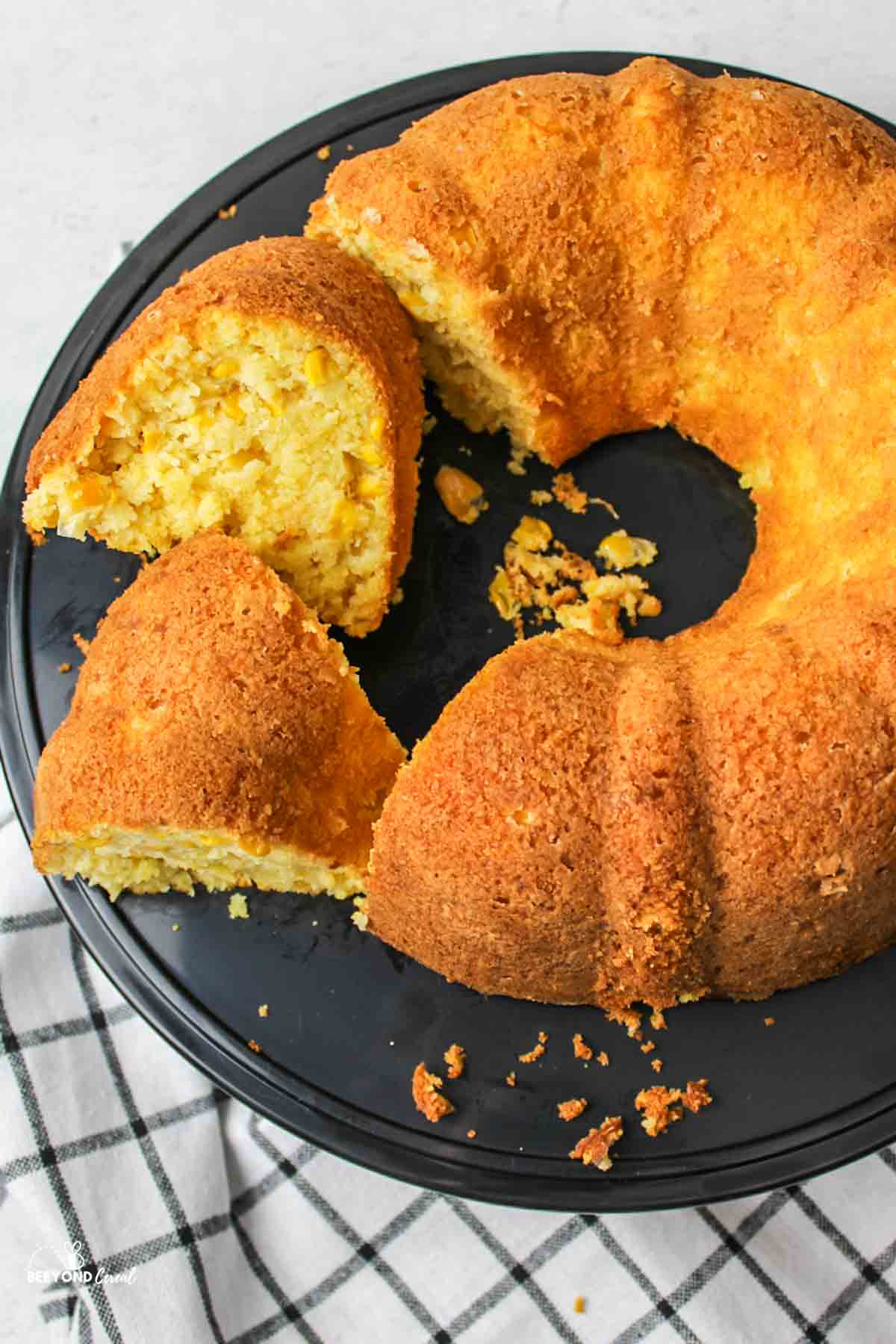
How to Use Your Stored Foods
Now while most foods can last for years, you should aim to use things before they expire or get close to them.
Using your stockpiled food can be done in a smart way if you take the FIFO approach. If you've ever worked in a restaurant, you already know what I'm talking about. The First In First Out rotation for food.
If you have 10 cans of black beans sitting on the back of the shelf as part of your pantry food stockpile, it can be easy to grab a can for your next meal, but if you can afford to buy a new can- do. Use one of the older cans you already had, but place the newly purchased one in its place.
By doing this you can keep your food rotated and from expiring and becoming wasted. Makes sense, right?
Reasons to Use Your Food Stockpile
For many people, jobs aren't salary-based. They're based on hours, commissions, and other variables that change throughout the year. If you've been working there long enough then you probably already know when to expect the low pay periods.
Unfortunately, there are many cases where you can get sick, be hospitalized, or suffer a job loss. These are pretty unpredictable and while you might have an emergency fund in place, being able to stretch it out as far as possible is important in events like these.
So use your stockpile when you feel that it can give you the best bang for your buck and help you to stretch your dollars. This can be the relief you need when you have no money for food or are forced to take part in a pantry challenge in order to keep more important bills paid.
What to Stockpile
As I mentioned previously, this list can vary per family and household. That said there are a few common foods that are great for just about anybody and these include:
- Flour
- Sugar
- Canned vegetables
- These can be turned into Canned Breakfast Potatoes, Air Fryer Canned Corn, and The Best Canned Green Bean Recipe.
- Dry Pastas
- Canned meat (tuna, chicken, etc.)
- These can make Crack Chicken Bombs, Crispy Fried Tuna Patties, and Spicy Tuna Sandwiches as well as Mac and Cheese Tuna Casserole.
- Canned/jarred pasta sauce
- Butter (it's freezer-friendly)
- Peanut butter
- Beans (canned or dried)
The basic rule of thumb is to think of foods that can last a long time but that is versatile and can help add a little nutrition and fillingness to your frugal meals.
Being able to make meals from basics like these frugal pantry staples can be a great asset in times of financial distress.
So with these thoughts in mind, remember that you can stockpile food on a budget and that it can be a huge asset to your family even when you least expect it. Plan, organize and rotate your way to a house full of food even when there's no money to go shopping with.

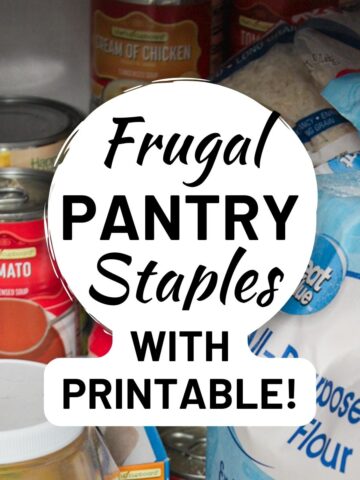
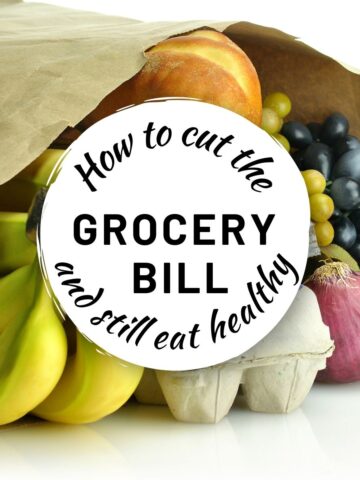
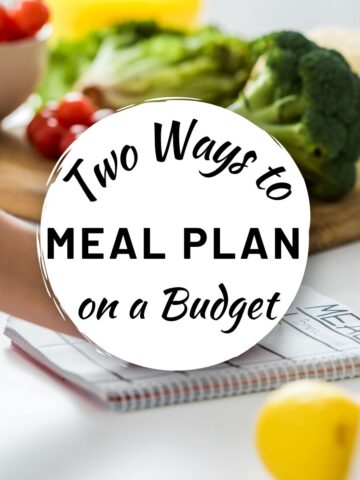

Comments
No Comments